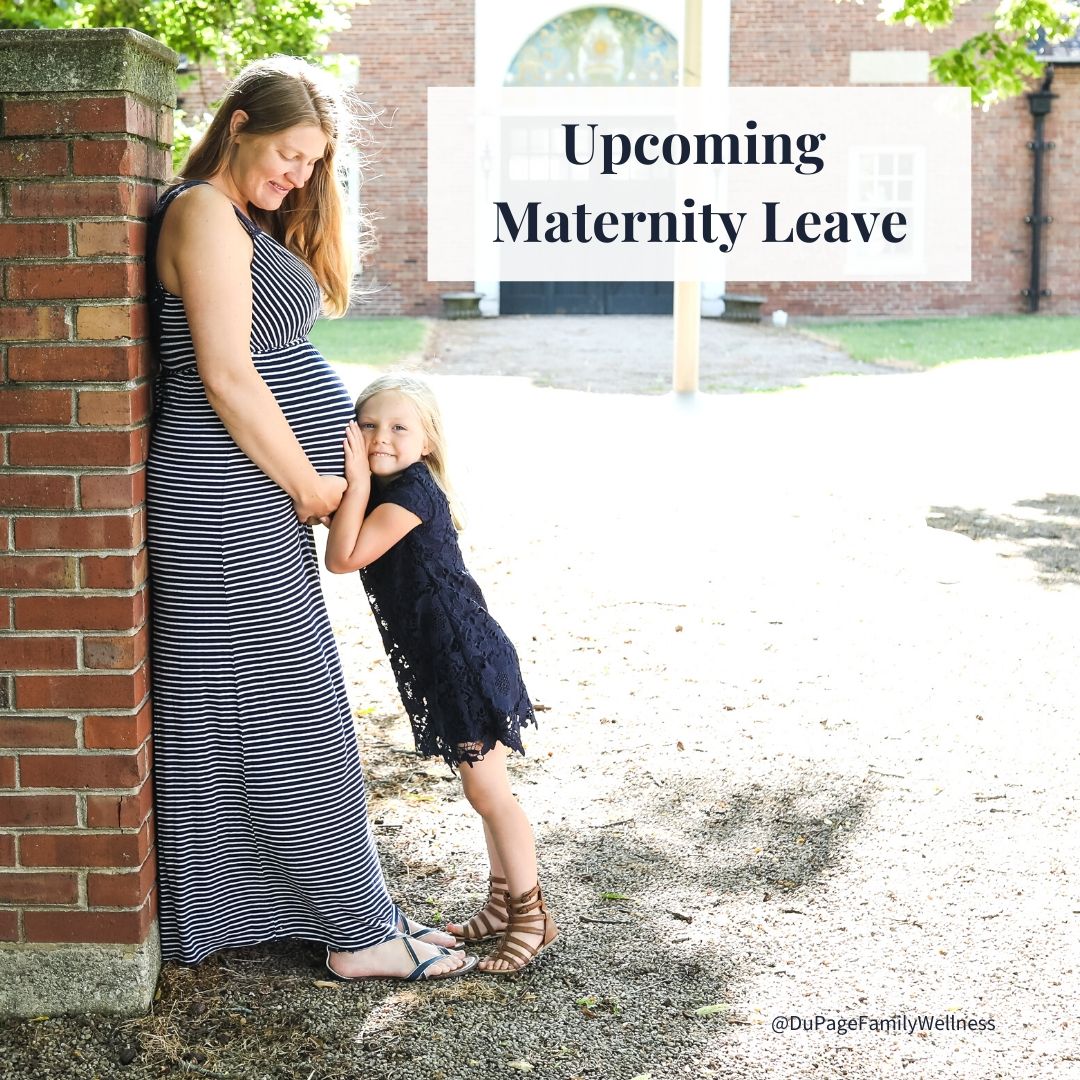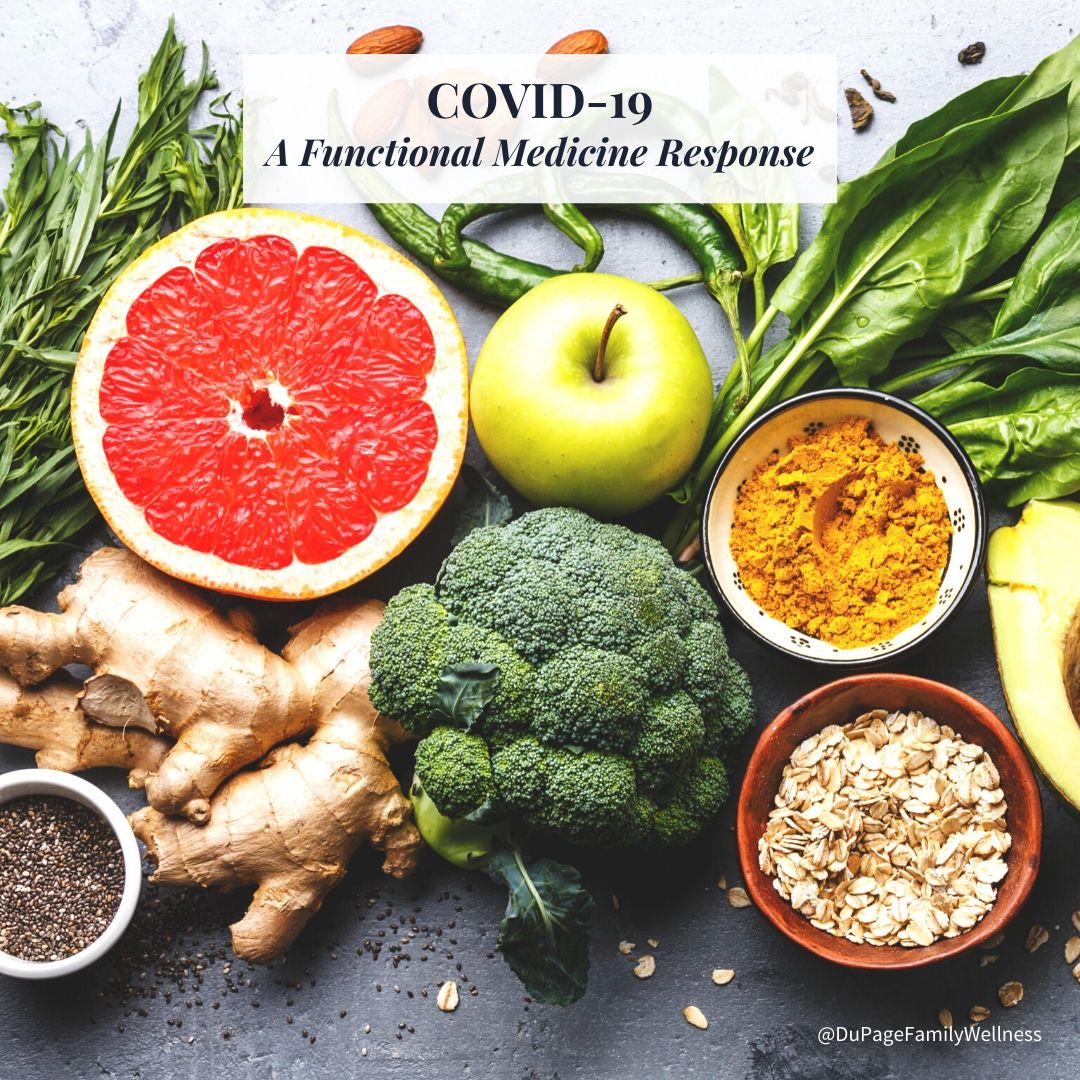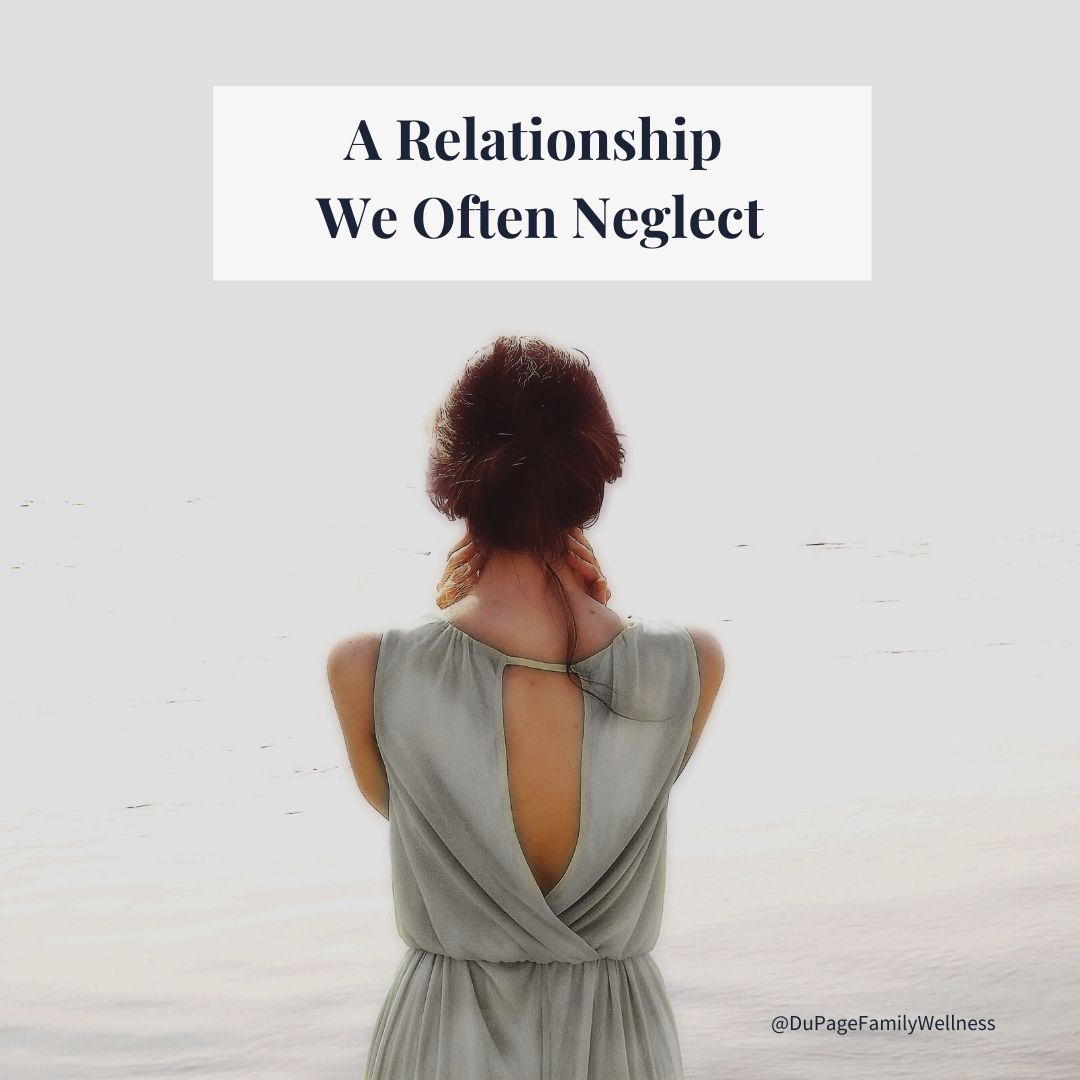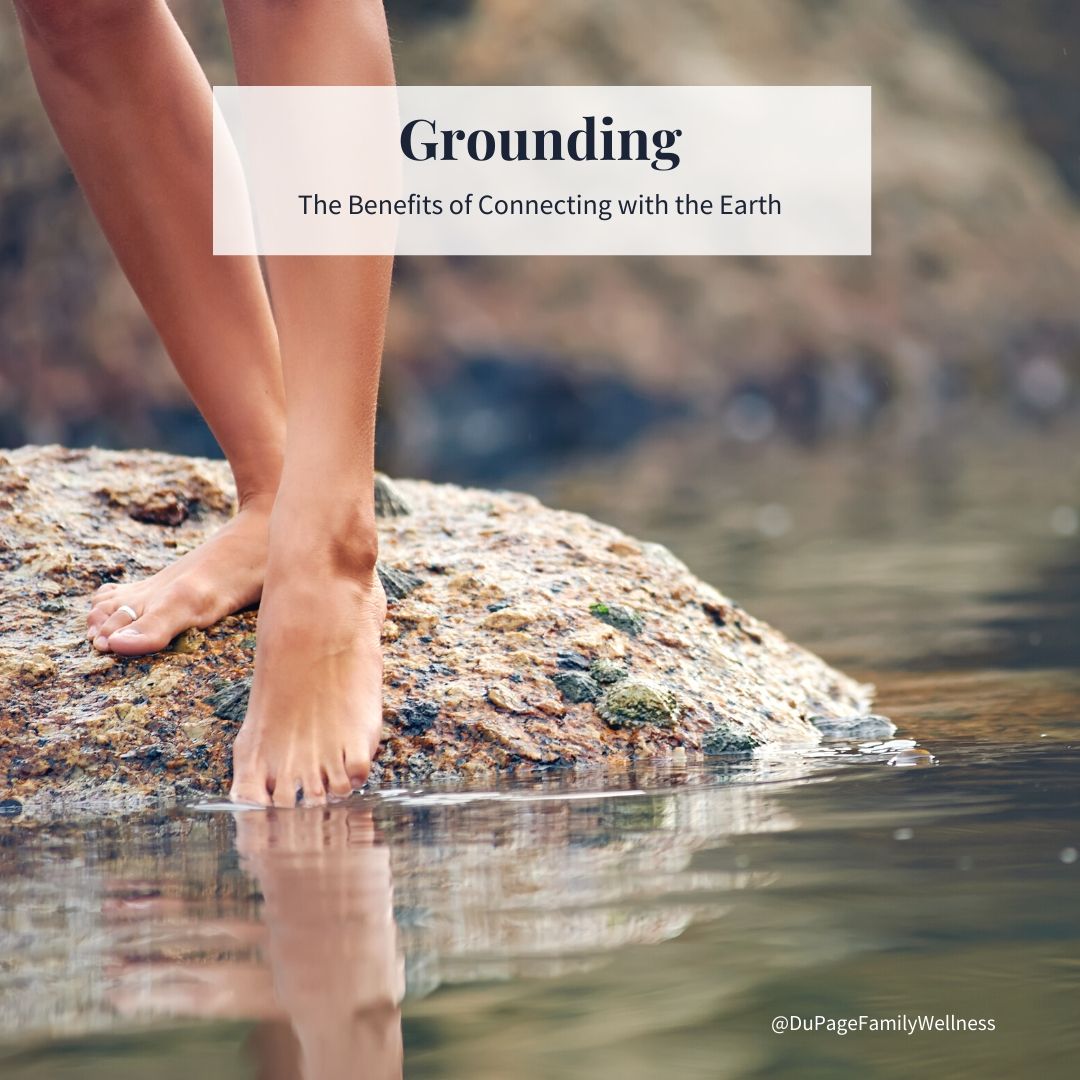 We grew up being told that if we eat too much we will gain weight. While this statement isn’t totally incorrect, the truth is much more complex.
We grew up being told that if we eat too much we will gain weight. While this statement isn’t totally incorrect, the truth is much more complex.
When we take a shallow look at this issue, it can easily lead to judgement and blame. For those who struggle to lose weight, this simplistic way of thinking can result in a lot of shame.
Investigative science, health journalist, and author Gary Taubes says, “We don’t gain weight because we’re eating more. We’re eating more because we’re gaining weight.”
Let’s take a look at what he meant!
The Cycle
Gaining body fat has a profound impact on what is happening within our bodies. Excess fat sets our hormones up to trigger us to want to eat more. By increasing the levels of ghrelin, the “hunger hormone”, body fat is actually controlling our hunger cues.
In addition, excess fat causes inflammation within the system. This not only impacts how we feel physically, it also sets off a cycle that ultimately disconnects us from making good decisions. As inflammation increases, it drastically impacts the quality of our sleep, which leads us to impulsivity - especially in what we eat.
According to David Perlmutter author of Brain Wash, “people who chronically don’t sleep well will consume, on average, approximately 380 calories more each day, without a similar increase in energy expenditure.” These extra calories can result in about a pound of fat each week. He continues to explain that research has shown a “profound increased desire for calorie-dense, non-nutritious foods after even one night of poor sleep.”
So, gaining weight leads to low quality sleep, which leads us to more gaining weight, which leads us to lower quality sleep, which leads us to…
Breaking the Cycle
In Brain Wash, Perlmutter describes the concept of off-ramps, which are ways to disengage from these negative cycles. These off-ramps, designed to give us back control, include things such as prioritizing sleep, mindfulness, and connection.
When we understand the way we have gotten caught in a cycle, we have the ability to choose to make different decisions. As we make these changes we gain more control, leading to more good decisions. We lose the negative cycle, exchanging it for a positive one. Eventually, making good choices actually becomes easier.
If you are interested in learning more about these dynamics, you may enjoy reading Brain Wash or listening to Chris Kresser’s interview with David Perlmutter.
What cycles are you caught in today? What changes could you make that would get you on a positive cycle of making good choices?
Dr. Jamie
 This is a quick reminder to schedule your appointment now if you would like to be adjusted before my maternity leave!
This is a quick reminder to schedule your appointment now if you would like to be adjusted before my maternity leave!
Maternity Leave Expectations
As you know, Jared and I will be welcoming baby #3 into the world soon. If all goes as expected, I will begin my maternity leave August 1st and plan to take a few weeks off.
I will be referring patients to a couple local chiropractors that I know and trust for any care they may need while I am gone. We will be sending an email with more information at the end of the month.
I look forward to seeing you when I get back!
Just for Fun
In the meantime, I thought you may enjoy a few thoughts from the girls (and Jared)!

Piper may not be sure what to expect, but she's
going to make a great big sister! She is looking
forward to doing "rock rock baby" with her baby
sister. (You may know "rock rock baby" as singing
"rock-a-bye baby.")

Harper says she is excited about having a new
little sister who will "probably have the same color
hair as me and Piper... then we can get the tiny
baby outfits that matches me and Piper so we can
all dress the same."

Jared is excited about "having three different
people to wake me up in the middle of the night!"
Read more ...
 As our nation continues to battle the Covid and the effects of the shut down, many people are looking to get healthy and improve their immune system. These people want to do all they can to decrease their chances of getting the virus, or minimize the severity if they do contract it.
As our nation continues to battle the Covid and the effects of the shut down, many people are looking to get healthy and improve their immune system. These people want to do all they can to decrease their chances of getting the virus, or minimize the severity if they do contract it.
Functional medicine is focused on creating health within the body. It both approves of these efforts, and is able to provide some clear direction to support the immune system through basic lifestyle changes.
In a recent article, “The Functional Medicine Approach to COVID-19: Nutrition and Lifestyle Practices for Strengthening Host Defense” authors Hanaway and Minich explore many things we can do to support our immune system!
Health and Covid-19
According to Minich and Hanaway, “The developing symptoms of COVID-19, as well as the progression of illness and fatality, are clearly a function of the overall health status of the individual. Complex, chronic diseases such as obesity, hypertension, and diabetes are directly correlated with risk of disease severity and mortality.”
Recognizing this correlation between our lifestyle and our risk is an important step towards change. When we know better, we can do better! Embracing some of these lifestyle changes will be challenging to do, but a strong understanding of the science can give us the motivation to follow through.
So, let’s look at these lifestyle interventions that include nutrition, sleep, exercise, stress reduction, and connection.
Nutritional Choices
The foods we eat have an incredible impact on our bodies ability to maintain health. Research has shown that our gut health directly impacts our immune system and overall health.
Each meal we eat influences our system. When we choose healthy foods we supply nutrients to the body and support healthy immune function. On the other hand, when we choose poorly it disrupts the system.
Read more ...
 Responding appropriately to communication is an extremely important aspect of any relationship. If you consistently ignore someone that you are close with the relationship will be affected. The distance between you will grow, the person may stop sharing with you, and eventually intimate contact is lost.
Responding appropriately to communication is an extremely important aspect of any relationship. If you consistently ignore someone that you are close with the relationship will be affected. The distance between you will grow, the person may stop sharing with you, and eventually intimate contact is lost.
There is one type of relationship that is especially easy to overlook. Many of us have neglected this important relationship without even realizing it. The distance this brings leaves us feeling disconnected. I am talking about the relationship with your body!
Body Awareness
Awareness of one's body involves being in touch with your body, listening to it’s signals, and recognizing where it is in space. While these things may seem straightforward and simple there are many reasons why people are not in touch with their own body’s.
One of the main reasons for this disconnect is the busyness of life. Living in a fast paced society provides many distractions that keep us from paying attention to ourselves. Everyday our body sends us input and insight, but many times we ignore this communication.
Traumatic experiences may also cause an individual to become disconnected with their body. Dissociation is a protective mechanism that helps an individual get through an unbearable event or situation. While it can be useful as a short term coping mechanism, it is not helpful long term.
Befriending Your Body Again
Many people never think about being aware of their body, but when they are intentional about it they can begin to reestablish this important relationship. There are many things that can be done to create greater body awareness.
Developing greater body awareness is valuable for everyone. It’s important to recognize where you are in your awareness of your body and build off of that. Even small steps done consistently can make a big difference.
Technically speaking the three categories of body awareness that we can develop are interoception, proprioception, and spatial awareness. Let’s take a look at what those are and explore ways to grow in each of these areas.
Read more ...
 Children love to play outside - digging in the mud, picking wildflowers, walking barefoot, playing in the sprinkler, or simply lying in the grass. It is one of the highlights of childhood. They explore the world, interacting with it instinctually.
Children love to play outside - digging in the mud, picking wildflowers, walking barefoot, playing in the sprinkler, or simply lying in the grass. It is one of the highlights of childhood. They explore the world, interacting with it instinctually.
As we grow up we often lose this connection with the earth and the many benefits this connection provides. But the practice of grounding is gaining popularity in the holistic wellness community, and even attracting the attention of some researchers.
Let’s look at this ancient practice and how we can engage in it today!
What is Grounding
“Grounding” or “earthing” is an ancient practice of putting the body in direct contact of the earth’s soil (or water).
It is based on the belief that we can draw from the earth's energy when we connect with it in this way. Since the earth carries a negative charge, we are able to pick up the extra electrons on the earth's surface. These electrons are then able to pair with free radicals within the body and neutralize them. In this way, grounding acts as an antioxidant (1).
Grounding can occur anytime we are in contact with substances that conduct these electrons (water, dirt, sand, concrete, etc.). This means that even a simple walk to get your mail can be beneficial if you are barefoot.
Benefits of Grounding
Grounding is believed to have many benefits that go beyond what can be measured. While more research is needed, studies are beginning to find some real benefits of grounding.
- Better sleep
- Stress reduction
- Improved Mood
- Pain Reduction
- Cardiovascular Health
- Decreased Inflammation
If you are interested in looking at the science behind grounding, check out Healthline’s article “Grounding: Exploring Earthing Science and the Benefits Behind It.”
Risks of Grounding
While there are few risks of grounding, it is important to be aware of your surroundings. Obviously you will need to be aware of dangers such as sharp objects, stinging insects, etc.
Read more ...
 We grew up being told that if we eat too much we will gain weight. While this statement isn’t totally incorrect, the truth is much more complex.
We grew up being told that if we eat too much we will gain weight. While this statement isn’t totally incorrect, the truth is much more complex. 

 This is a quick reminder to schedule your appointment now if you would like to be adjusted before my maternity leave!
This is a quick reminder to schedule your appointment now if you would like to be adjusted before my maternity leave!


 As our nation continues to battle the Covid and the effects of the shut down, many people are looking to get healthy and improve their immune system. These people want to do all they can to decrease their chances of getting the virus, or minimize the severity if they do contract it.
As our nation continues to battle the Covid and the effects of the shut down, many people are looking to get healthy and improve their immune system. These people want to do all they can to decrease their chances of getting the virus, or minimize the severity if they do contract it. Responding appropriately to communication is an extremely important aspect of any relationship. If you consistently ignore someone that you are close with the relationship will be affected. The distance between you will grow, the person may stop sharing with you, and eventually intimate contact is lost.
Responding appropriately to communication is an extremely important aspect of any relationship. If you consistently ignore someone that you are close with the relationship will be affected. The distance between you will grow, the person may stop sharing with you, and eventually intimate contact is lost.  Children love to play outside - digging in the mud, picking wildflowers, walking barefoot, playing in the sprinkler, or simply lying in the grass. It is one of the highlights of childhood. They explore the world, interacting with it instinctually.
Children love to play outside - digging in the mud, picking wildflowers, walking barefoot, playing in the sprinkler, or simply lying in the grass. It is one of the highlights of childhood. They explore the world, interacting with it instinctually. 